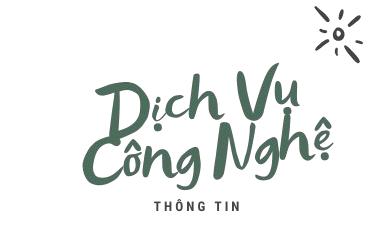The travel industry in 2025 stands at a turning point of progress and responsibility. As global tourism rebounds to pre-pandemic levels, travelers and industry participants alike are maneuvering a landscape transformed by environmental priorities, digital innovations, and evolving traveler demands.
## Sustainable and Eco-Conscious Travel
The urgency for sustainability has become a foundation of modern travel. By 2025, the tourism sector is projected to generate 6.5 billion metric tons of greenhouse gases, necessitating immediate measures. Destinations like Costa Rica and Bhutan are pioneering this charge, with the latter maintaining its status as the world’s only emissions-reversing country through strict visitor caps.
Revitalizing tourism models, such as New Zealand’s Māori-led eco-tours, are building popularity. These initiatives reflect a broader shift: 73% of travelers now prefer brands with robust sustainability practices.
## Tailoring and Personalized Adventures
High-end exploration in 2025 is synonymous with extreme customization. Discerning travelers seek profound experiences tailored to their unique interests. Providers like LuxGroup emphasize “ethical luxury,” combining pampering with traditional engagement.
Machine learning is revolutionizing trip planning, enabling flexible agendas that adapt to real-time preferences. This trend aligns with findings that 64% of luxury travelers prefer personalized offerings over generic options.
## Combating Overtourism Through Ingenuity
Overtourism remains a critical challenge, prompting travelers to seek “substitute spots” and off-peak travel. Cities like Ljubljana are mitigating congestion through car-free zones and pedal transportation systems.
Administrations are stepping in; Amsterdam and Majorca have introduced guest ceilings and behavior guidelines to preserve local ecosystems.
## Technology’s Role in Seamless Exploration
AI’s influence spreads beyond personalization into operational efficiency. Chatbots handle 24/7 customer inquiries, while forecasting algorithms optimize flight schedules and hotel pricing. Virtual reality previews allow travelers to “test” destinations before booking.
Mobile platforms like Seven Corners optimize trip management, offering instant notifications on weather, crowds, and transportation delays. Cryptographic recordkeeping enhances transparency in carbon offset programs.
## Extended Visits and Local Integration
The era of rushed itineraries is fading. Affluent visitors are typically taking two-week stays to deepen cultural connections. Families are increasingly embracing “professional voyages,” combining remote work with lengthy residencies.
## Occasion-Focused Travel and Unconventional Activities
“Event hopping” has exploded, with fans journeying internationally for major events. Astrotourism—exemplified by skywatching in Chile’s Atacama Desert—reflects growing interest in astronomical events.
## Health and Tech-Free Breaks
Self-care journeys is evolving beyond wellness centers to encompass holistic healing. Digital detoxes combine mindfulness with farm-fresh meals, aligning with a 95% rise in demand for health-oriented itineraries.
## Economic Strategies and Value-Conscious Travel
Travelers are leveraging membership benefits and packaged deals to optimize savings. Banking incentives are being carefully utilized for enhancements, reflecting a shift toward “strategic indulgence”.
## Summary
The travel landscape of 2025 is defined by its dual nature: a desire for exploration moderated by ethical accountability. As destinations harmonize progress with protection, stakeholders can ensure tourism remains a link—not a impediment—to a more united and responsible world.

